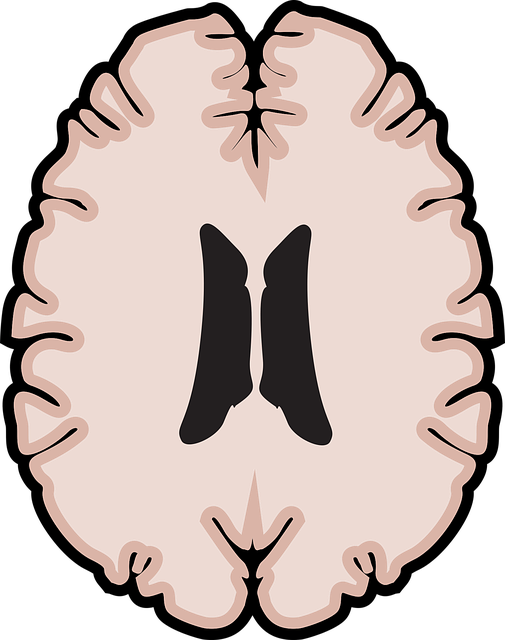Greenwood Village Crisis Counseling Therapy focuses on risk management as a core part of mental health care, creating a safe space for clients and therapists. They offer personalized support that respects diverse backgrounds through Cultural Sensitivity principles and evidence-based practices like Mindfulness Meditation. Regular risk assessments, open communication, continuous training, and dynamic interventions ensure exceptional care within a secure setting. Their holistic approach includes comprehensive evaluations, trauma support services, and tailored crisis intervention techniques to empower clients with coping skills, promoting healing and growth among high-risk individuals.
At Greenwood Village Crisis Counseling Therapy, we understand that risk management is an integral part of providing effective mental health services. This article delves into the essential practices for managing risks in this dynamic field. We explore a comprehensive approach to identifying and assessing various risks, offering valuable insights for professionals. Through strategic mitigation techniques and crisis intervention planning, mental health practitioners can ensure safer, more supportive environments. Discover how Greenwood Village’s methods enhance patient care and foster resilience in the face of challenges.
- Understanding Risk Management in Mental Health Practice at Greenwood Village Crisis Counseling Therapy
- Identifying and Assessing Risks: A Comprehensive Approach for Mental Health Professionals
- Strategies for Effective Risk Mitigation and Crisis Intervention Planning
Understanding Risk Management in Mental Health Practice at Greenwood Village Crisis Counseling Therapy

Greenwood Village Crisis Counseling Therapy recognizes that risk management is a cornerstone of effective mental health practice. It involves proactively identifying and mitigating potential risks to ensure the safety and well-being of both clients and therapists. By integrating principles of Cultural Sensitivity in Mental Healthcare Practice, Greenwood Village offers tailored support that respects diverse backgrounds and needs. This holistic approach not only strengthens client relationships but also enhances the therapist’s ability to provide Anxiety Relief through evidence-based practices such as Mindfulness Meditation.
Through regular risk assessment, staff at Greenwood Village Crisis Counseling Therapy stay vigilant against emerging challenges, ensuring a dynamic and adaptive environment. They prioritize open communication, ongoing training, and evidence-based interventions to address a wide range of risks effectively. This commitment to robust risk management reflects the clinic’s dedication to delivering exceptional care in a supportive and secure setting.
Identifying and Assessing Risks: A Comprehensive Approach for Mental Health Professionals

Mental health professionals are tasked with helping individuals navigate complex emotional landscapes, often dealing with high-risk cases that require meticulous planning and assessment. Identifying and assessing risks is a critical component of effective crisis counseling, such as what’s offered at Greenwood Village Crisis Counseling Therapy. This process involves a comprehensive evaluation of various factors unique to each client, encompassing their psychological history, current circumstances, and potential triggers.
By employing tools like risk assessment questionnaires and clinical interviews, professionals can gain valuable insights into a client’s emotional intelligence—their ability to recognize and manage emotions—which plays a pivotal role in mitigating risks. This includes identifying past or present trauma, as well as the potential for self-harm or harm to others, ensuring that appropriate Trauma Support Services are in place if needed. Additionally, understanding anxiety disorders and implementing strategies for Anxiety Relief is an integral part of this assessment process, fostering a safe environment for healing and growth.
Strategies for Effective Risk Mitigation and Crisis Intervention Planning

Mental health professionals face unique challenges when it comes to risk management, requiring a multi-faceted approach to ensure client safety and well-being. Effective risk mitigation strategies involve a combination of proactive planning and immediate crisis intervention techniques. One key component is equipping clients with coping skills tailored to their specific needs, empowering them to manage potential triggers or escalating situations. This can include teaching mindfulness practices, stress management techniques, and emotional regulation strategies adapted from evidence-based therapeutic models.
At Greenwood Village Crisis Counseling Therapy, we emphasize the importance of individualized crisis intervention plans. These plans are developed in collaboration with clients, considering their personal histories, cultural backgrounds, and unique risk factors. Incorporating cultural sensitivity into mental healthcare practice is vital, as it allows professionals to provide more inclusive and effective support. Healthcare provider cultural competency training equips practitioners with the knowledge and skills to navigate diverse client populations, ensuring that crisis interventions are culturally responsive and respectful.
Mental health professionals at Greenwood Village Crisis Counseling Therapy understand that effective risk management is vital to ensuring client safety and delivering quality care. By adopting a comprehensive approach to identifying and assessing risks, they can proactively mitigate potential crises. Implementing evidence-based strategies for risk mitigation and crisis intervention planning allows professionals to navigate challenging situations with confidence, ultimately fostering a safer and more supportive therapeutic environment.














